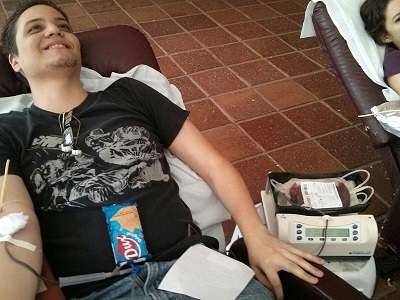Transplants and donation of cells, blood and organs
A transplant consists of replacing a diseased organ or tissue with another that works properly from a donor.
In recent years, much progress has been made and good results are obtained with transplants, but it is necessary that there be still a greater number of donors who can donate their organs![]() .
.
Spain is the world leader, for 25 consecutive years, in the number of transplants performed. The Spanish model is taken as an example in other countries, where donations are made altruistically and transplants are carried out by the National Health System. But despite its good functioning, 10% of people who wait for a transplant die before receiving it.
In Spain, donation and transplantation are regulated by the Transplant Law, which is fundamentally based on:
- The altruism of donation: you can not receive anything in exchange for the donation of any organ. In fact, donor and recipient are anonymous.
- Equity in access to transplantation. All people have the same right to receive a transplant. A list is made with the characteristics of each patient and the ideal person receives the organ to receive it, for compatibility and urgency.
